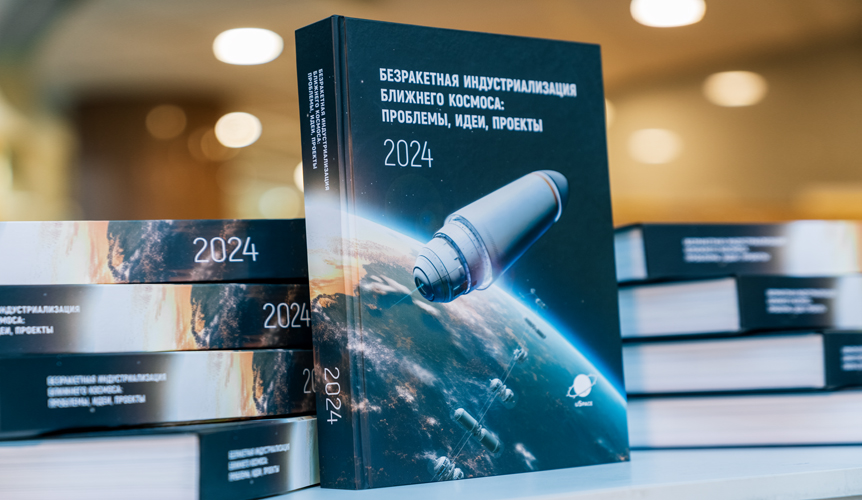The presentation of the collection of scientific articles from the Conference on Non-Rocket Near Space Industrialization was held
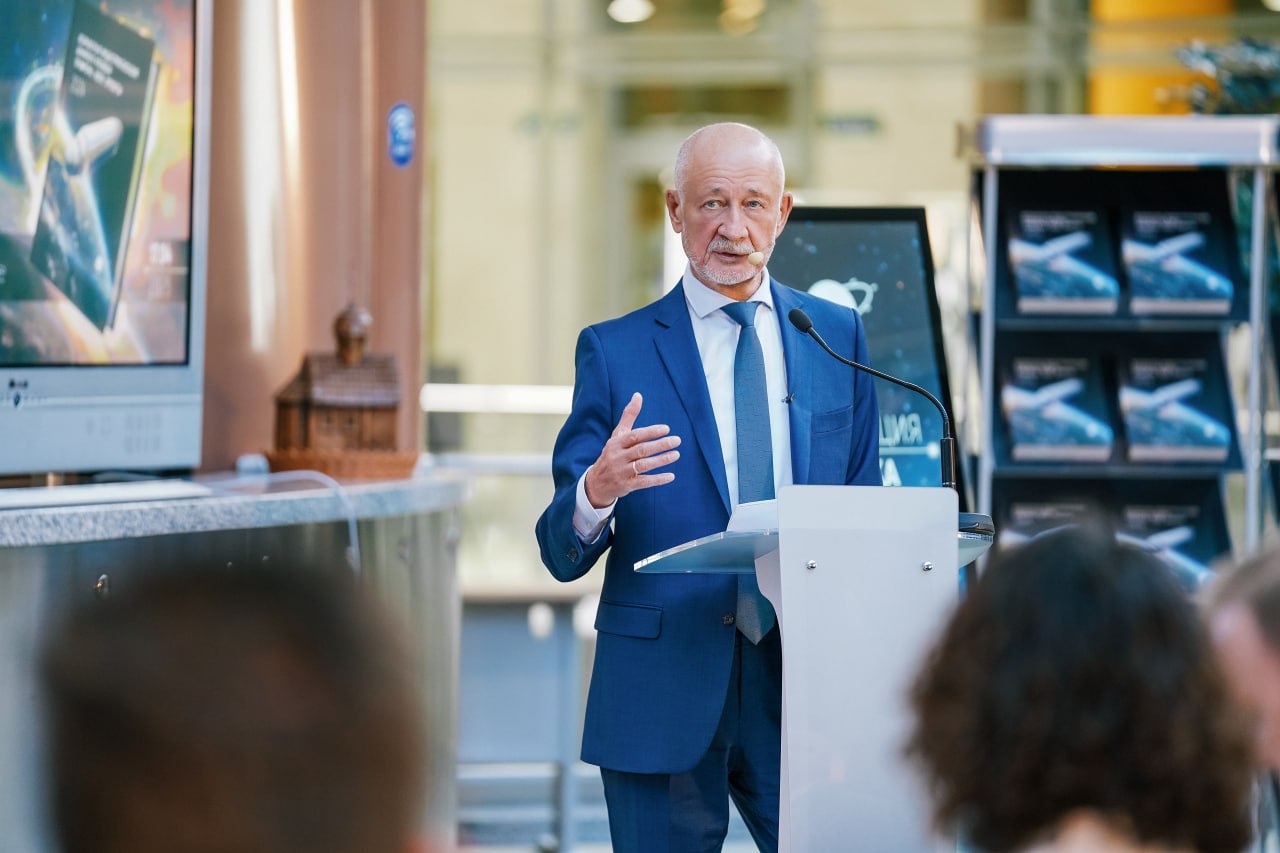
The scientific publication is based on the materials of the 7 Global Conference on the Non-Rocket Near Space Industrialization. It represents the efforts of researchers, engineers, and designers involved in the development of the uSpace program.
The collection includes 36 articles. They cover various aspects of human activity outside the Earth, presenting unique research and expertise in the field of industrial space exploration, innovative forms of terrestrial and geocosmic transport, and achievements in industry, biotechnology, sociology, and philosophy. Each of these projects has significant interest and value for the scientific community worldwide, and they are also being used and tested on test sites in Belarus, Russia, and the United Arab Emirates.
The presentation of the collection was organized with the support of the National Library of Belarus and the National Academy of Sciences.
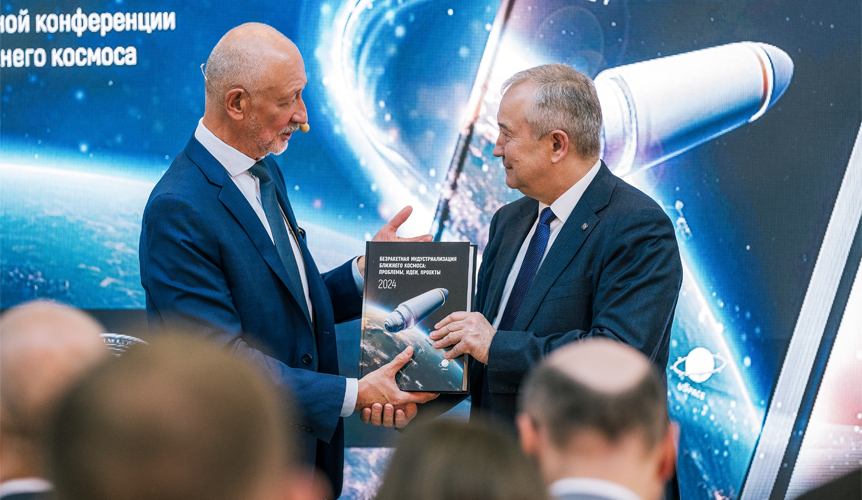
The conference on non-rocket space exploration has been taking place since 1988, and it has already established a prominent position in the field of space science in Belarus. It was in Gomel, approximately four decades ago, that Anatoli Unitsky, an engineer, scientist, and entrepreneur, convened a gathering of astronauts, astrophysicists, and enthusiasts from around the globe to discuss the concept of relocating the harmful Earth's industries into space, thereby mitigating environmental pollution. He thought about the importance and necessity of it at an early age. Over time, Anatoli Unitsky's childhood passion led him to delve deeper into space exploration. He realized that rockets, although technically capable of space exploration, were expensive and had a negative impact on the planetary ecology.
“I realized that the rocket is not capable of industrializing space due to its physical imperfection. Therefore, it became imperative to seek an alternative approach. It is the GPV, a General Planetary Vehicle. Surrounding the planet, it will expand and contract, running between the Earth and orbiting stations. EcoCosmoHouses will be built at the GPV stations, where people from different countries of the globe will live. They will work in factories, plants, laboratories, and stations. I am convinced that the industrialization of space without the use of rockets will propel human civilization to a new level of technological development. In the present day, we stand on the brink of a new age, where the conventional engineering approaches are becoming outdated, and the environmental and economic issues demand us to reconsider and discover entirely novel solutions. I am delighted that the number of experts who grasp this concept is increasing year after year”, — the World Engineer considers.
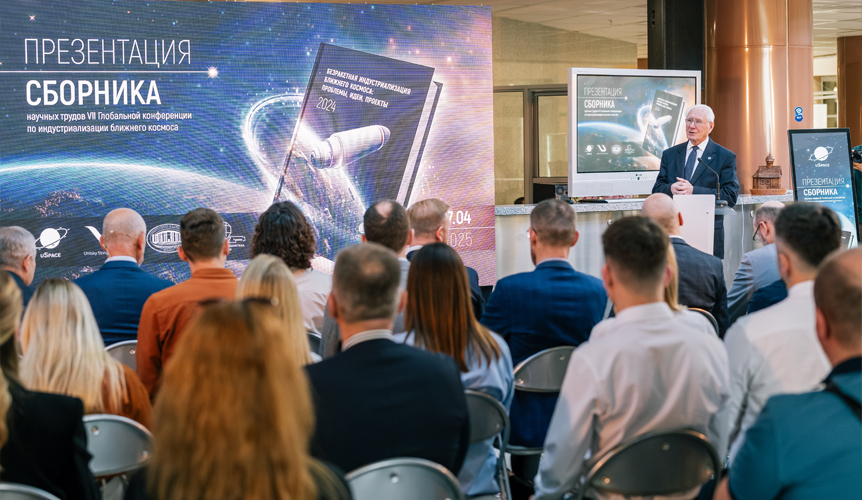
Throughout the conference's long history, delegates from 35 nations have attended, including distinguished scholars, inventors, astronauts, and public and political leaders. Each year, the significance of the event grows. Thus, the partners of the VII Forum included the UNIDO Center for International Industrial Cooperation in the Russian Federation, BRICS Plus Business Communications Support Foundation, the Arctic Academy of Sciences, the Sharjah Research Technology and Innovation Park, and other international organizations.
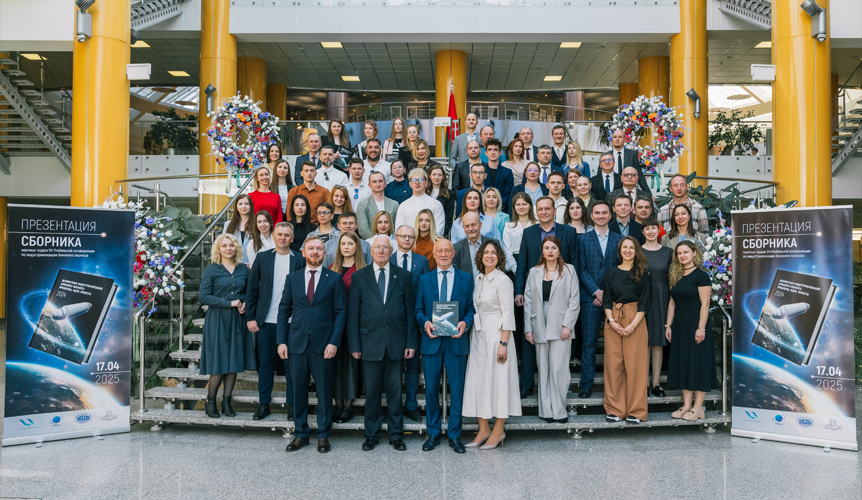
The number of participants at the conference is increasing every year, and the scientific materials presented there are being added to the largest libraries in Belarus, Russia, and other European countries as well as to electronic platforms such as Open Library, the Internet Archive, eLibrary (RSCI), “Mir Nauki” (Science World), and CyberLeninka.
